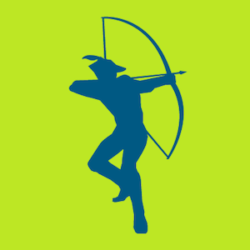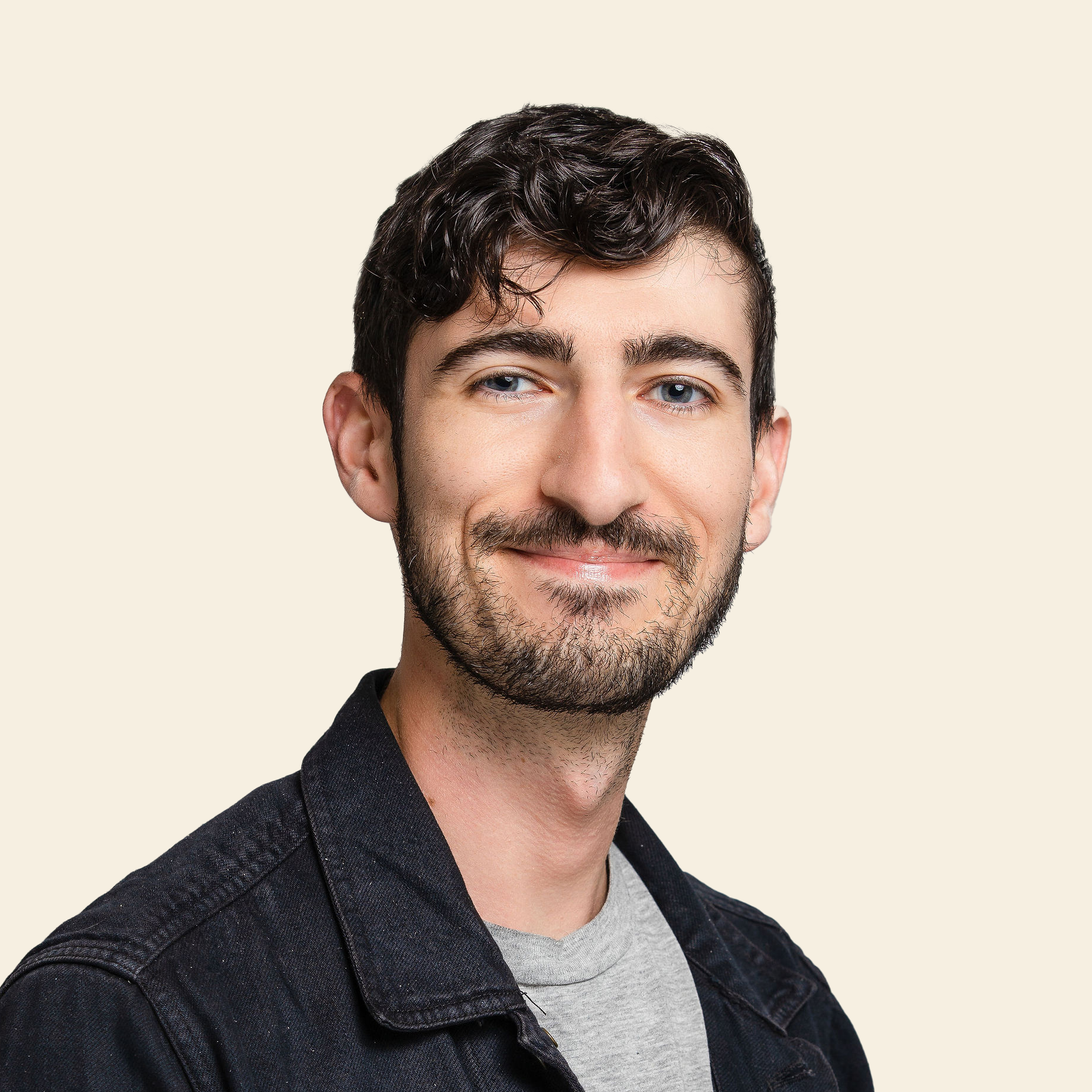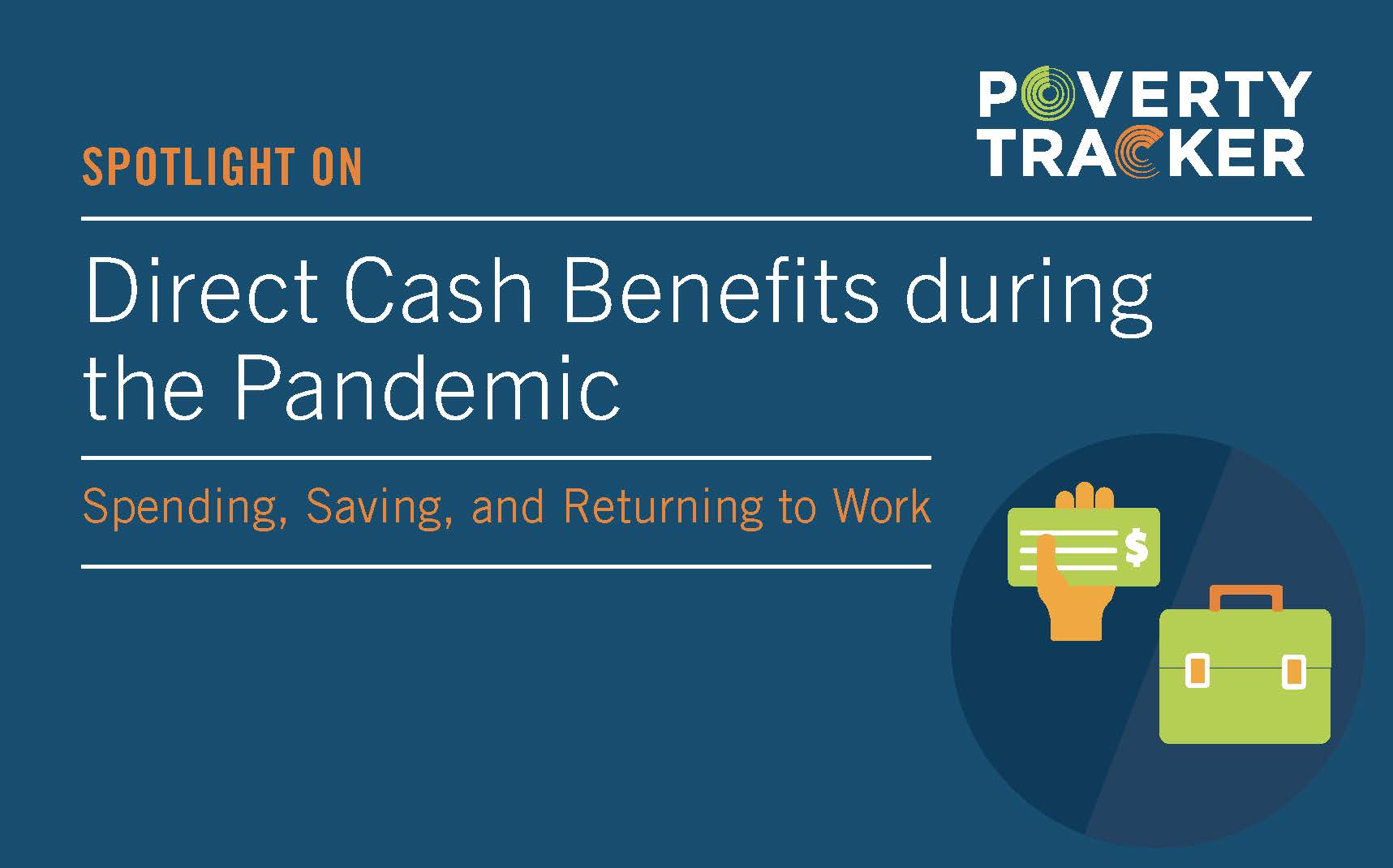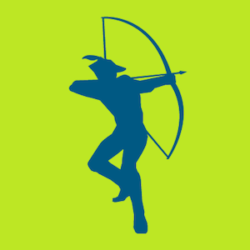Nov 11, 2021
New Collaboration between Robin Hood and the Deloitte Health Equity Institute Seeks to Increase Vaccination Rates Among New York’s Hardest to Reach Populations
Distrust and misinformation continue to depress vaccine equity in the Big Apple.
By Adena Hernandez, Senior Program Officer | Early Childhood and Health and Sarah Oltmans, Chief of Grant Strategy
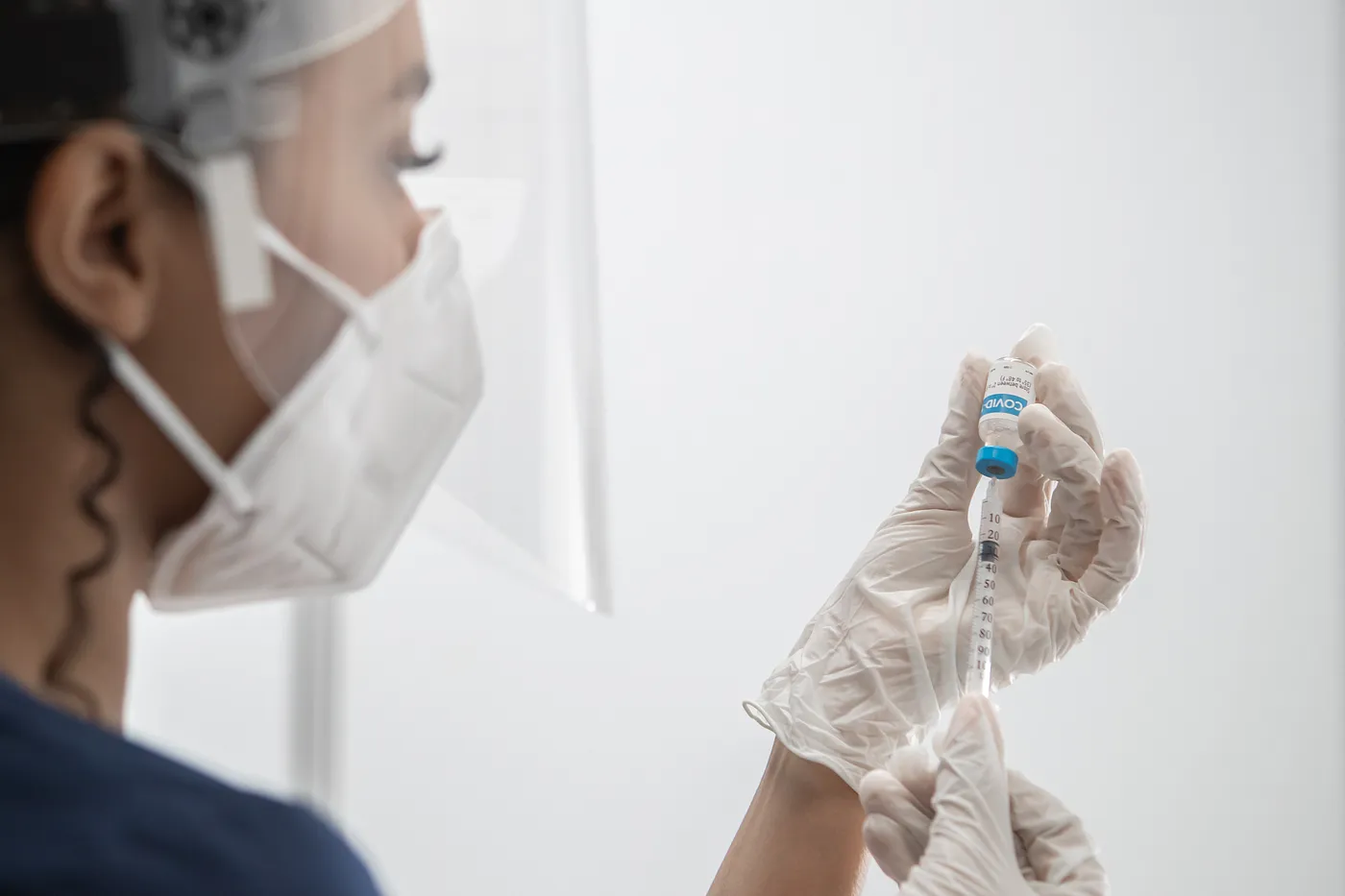
More than 65% of New Yorkers have been vaccinated against COVID-19. But while progress has been made, stark disparities remain.
Vaccine equity has a long way to go before it’s fully achieved. Back in March, we were fighting to ensure access. We needed to make it easier for people without Wi-Fi or technological know-how to navigate a complex online system, to help them get to appointments and to open more neighborhood-based sites.
Access has improved, thanks in part to the city’s investment in mobile vaccine units and community-based organizations. However, disparities in vaccination rates remain. Among racial groups, Black New Yorkers are still the least likely to have been vaccinated and geographically, Brooklyn, the Bronx, and Northern Manhattan lag behind.
Robin Hood, in collaboration with the Deloitte Health Equity Institute (DHEI), is working to remove the remaining barriers that still impact the lives of the city’s most vulnerable.
Since the start of the pandemic, racially and ethnically diverse people have been dying at three times the rate of their white counterparts from COVID-19. As we’ve seen, those most vulnerable to infection, including people experiencing homelessness, addiction, and mental health issues still experience considerable barriers to getting the vaccine.
However, today, some of the biggest barriers to vaccination we’ve seen are misinformation and a legacy of mistrust with the medical establishment among segments within New York’s Black and Latinx communities.
Robin Hood and DHEI are funding certain health organizations that are working towards improving access to and acceptance of the vaccine in the hardest-hit communities in New York. These organizations help address issues of misinformation, technology, transportation, as well as fear and distrust rooted in the healthcare system because of historical mistreatment and bias.
As research supports, when you hear from someone you know who’s been vaccinated, whether it’s a family member or a trusted healthcare provider, you may be more likely to go get the shot yourself. So our health partners have been leveraging their positions as trusted community resources to provide accurate and culturally relevant information with patients through one-on-one conversations to share information and address concerns about the vaccine.
Sun River Health, a long-time Robin Hood partner, is a network of community health centers with 11 health clinics across the city. According to Sun River Health’s estimates, just 50 percent of their patient population has been vaccinated. To date they’ve provided 115,000 vaccines across 11 New York City sites. But that number has stalled. They’re exploring new ways to encourage patients and other vulnerable people in the community to get a shot.
Sun River serves some of the hardest to reach New Yorkers, including people who are homeless and suffering from substance abuse and mental health issues. Through Robin Hood and DHEI’s collaboration, Sun River plans to launch a citywide education and awareness campaign, with pop-up events in areas where vaccinations have lagged.
They’ll also plan to work with community-based organizations, meeting people where they are — in homeless shelters, at food pantries and at public housing sites.
Another longstanding Robin Hood partner, the Institute for Family Health (IFH) has deep roots in the hardest-hit communities in New York City. Robin Hood and DHEI’s grant focuses on Harlem, which has one of the lowest vaccination rates in Manhattan with 57 percent of its population fully vaccinated (by comparison, the Upper East Side’s is 75 percent). Black and Latinx adults 65 years and older in Harlem are trailing their white and Asian counterparts by 20 to 30 percent in vaccination rates.
IFH is doing targeted outreach to older adults, the homebound elderly and people in public housing, with dedicated outreach workers conducting one-on-one conversations. Over the next six months, they are aiming to reach out to more than 450 community members through their vaccination efforts.
Lastly, among age groups currently eligible for the vaccine, adolescents have the lowest vaccination rate, with only 20 percent of teens fully vaccinated. Furthermore, with the Food and Drug Administration’s recent recommendation of the Pfizer vaccine for children ages 5–11, the next frontier of vaccination efforts will likely be a push to get the younger population vaccinated.Children’s Health Fund (CHF) provides medical care for about 11,000 adults and children each year within the South Bronx, the neighborhood hardest hit by the pandemic. Funding from Robin Hood and DHEI will support CHF’s efforts to provide targeted outreach to adolescents and young children to encourage them and their caregivers to receive a vaccine.
There’s more to come. As part of their unique collaboration, Robin Hood and DHEI will address the city’s other high-need issues, including maternal health and early childhood interventions. This work will continue to help our health partners make an impact on reducing disparities and advancing equity through the pandemic and beyond.
